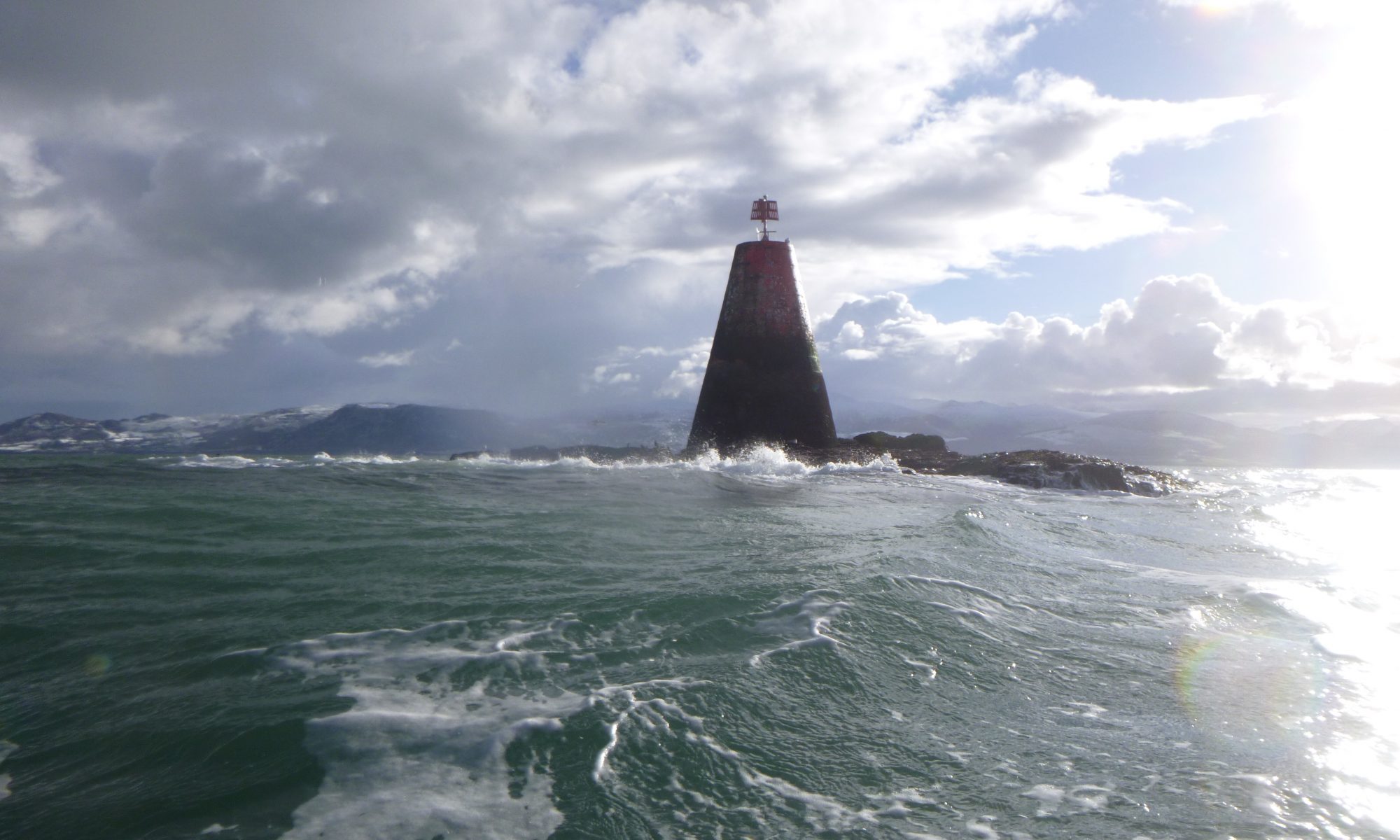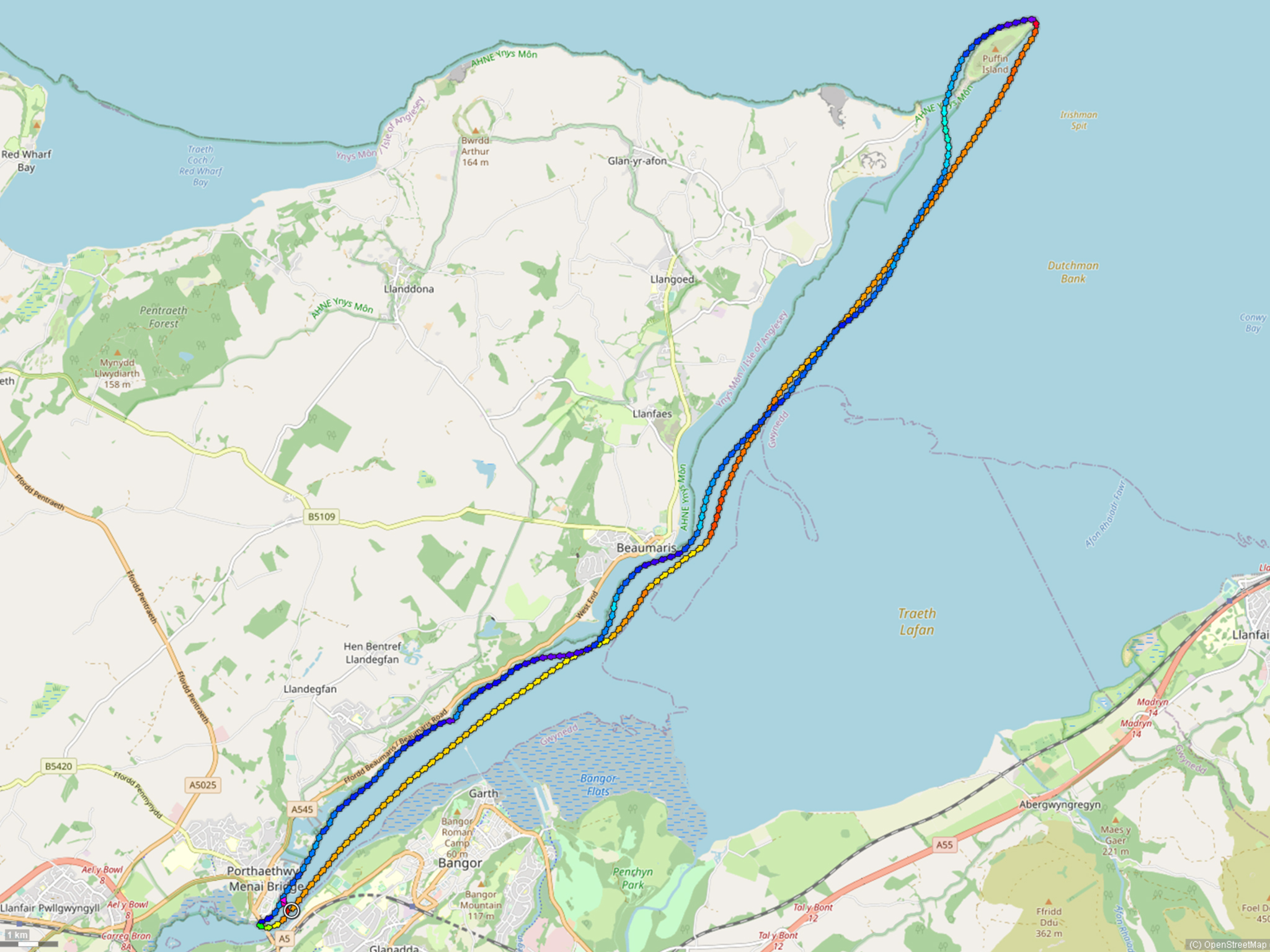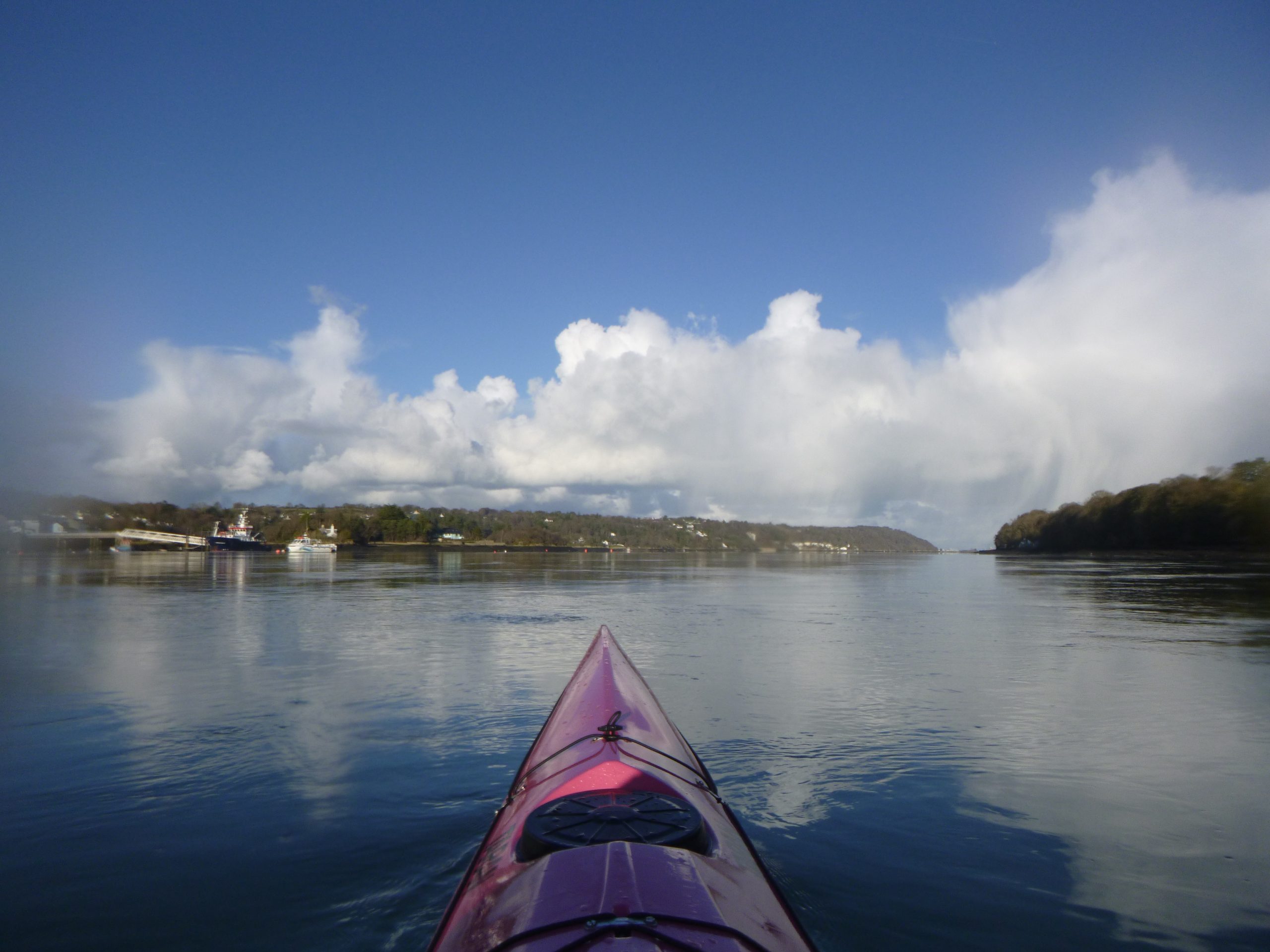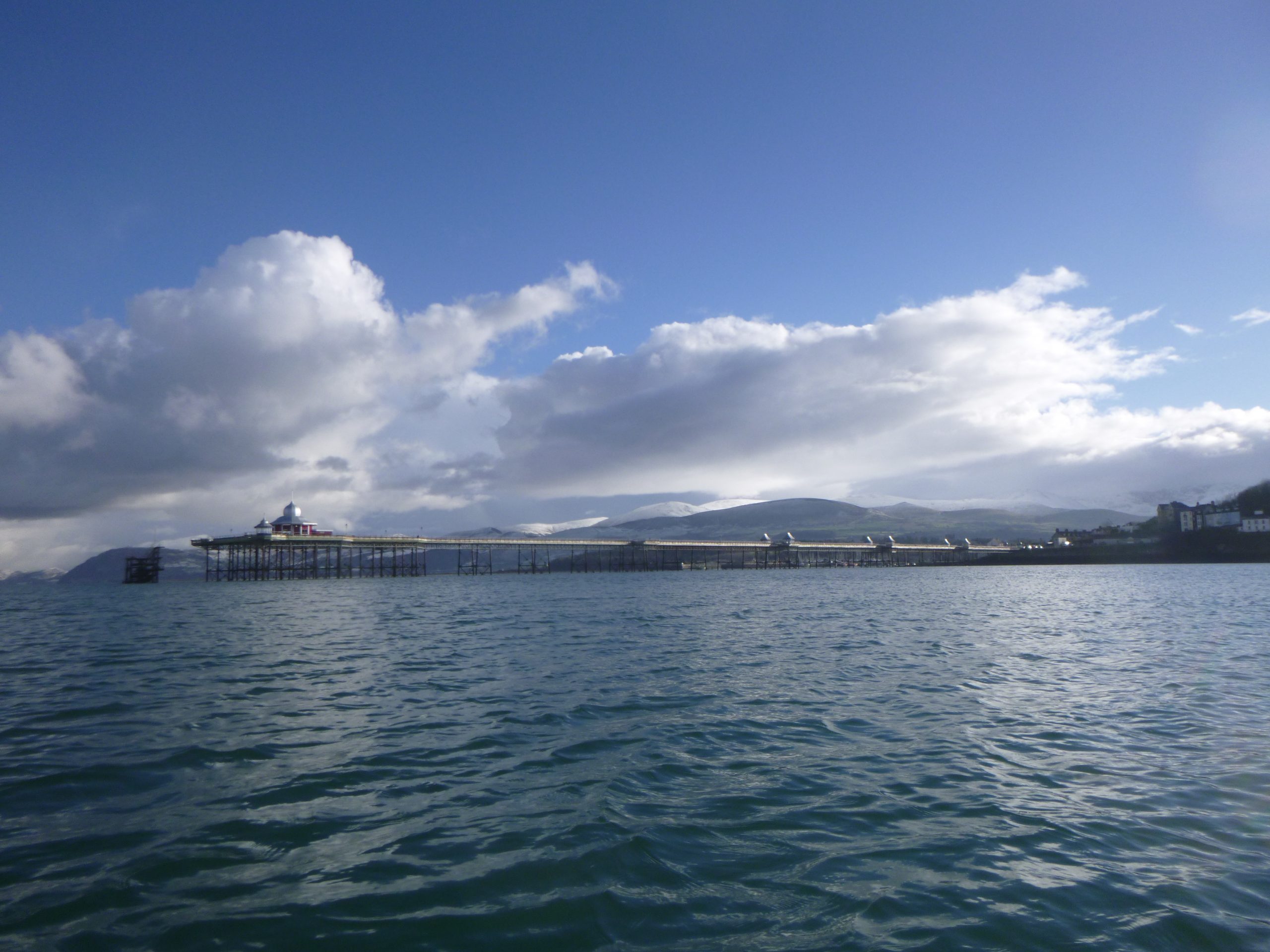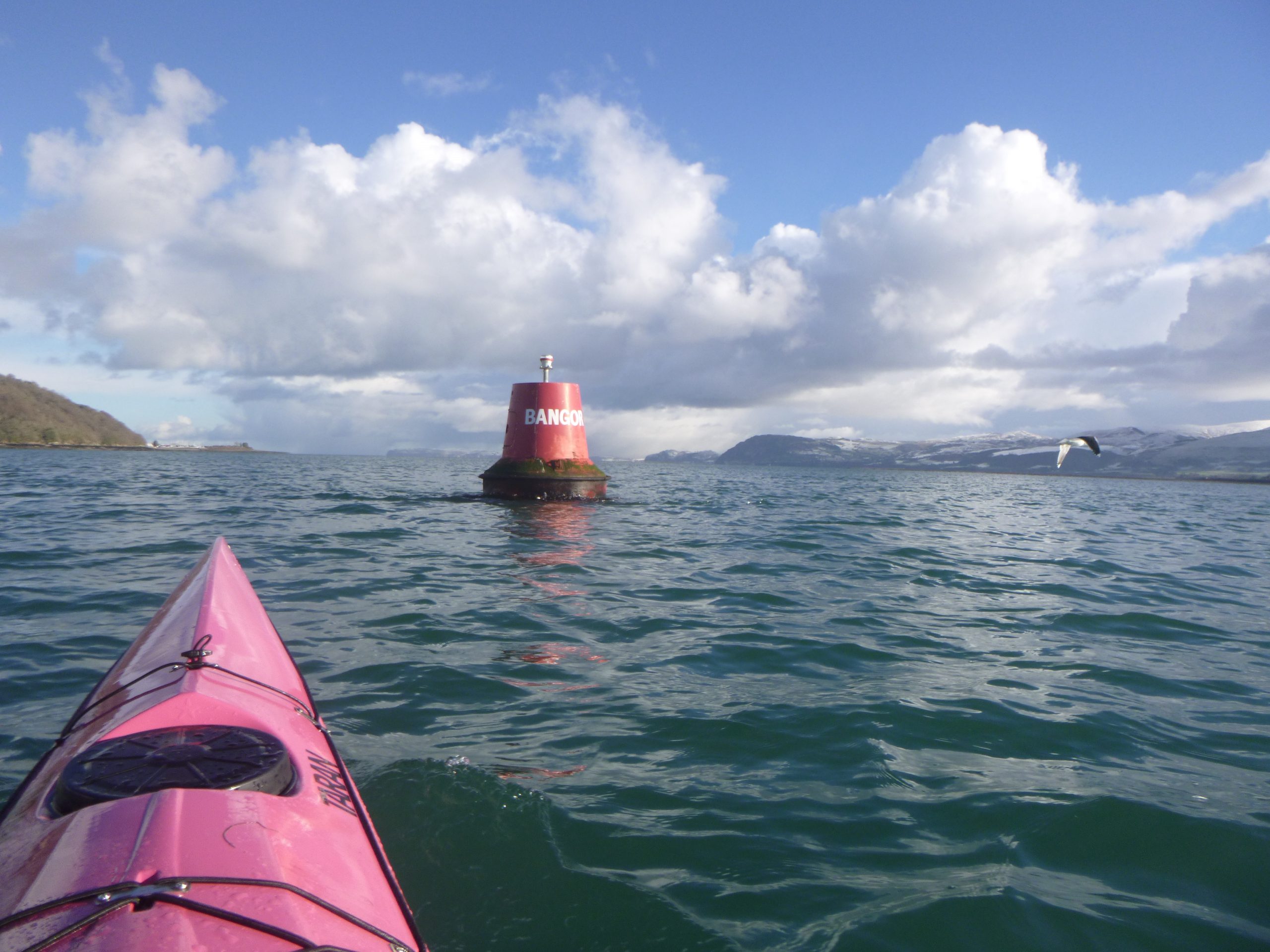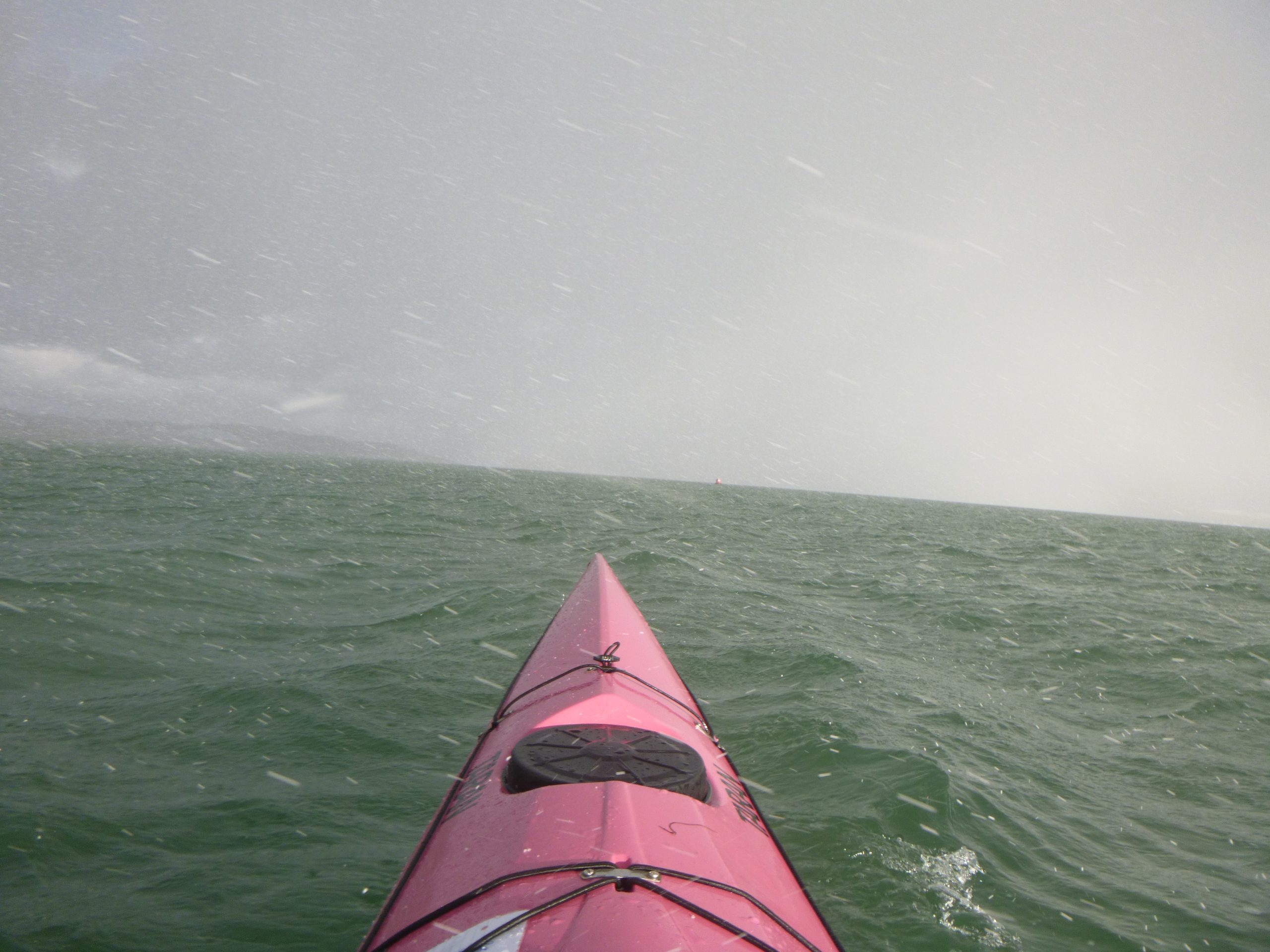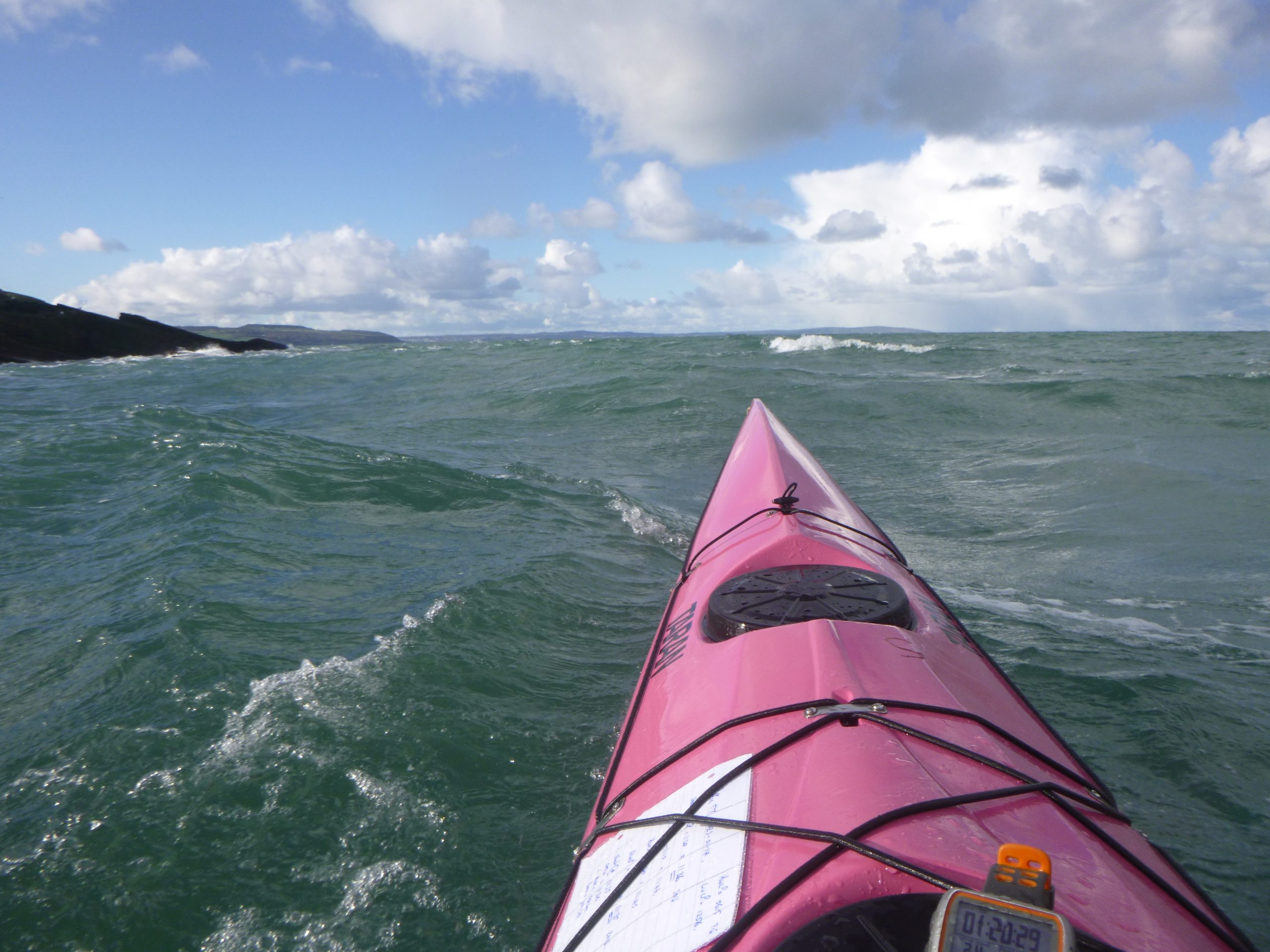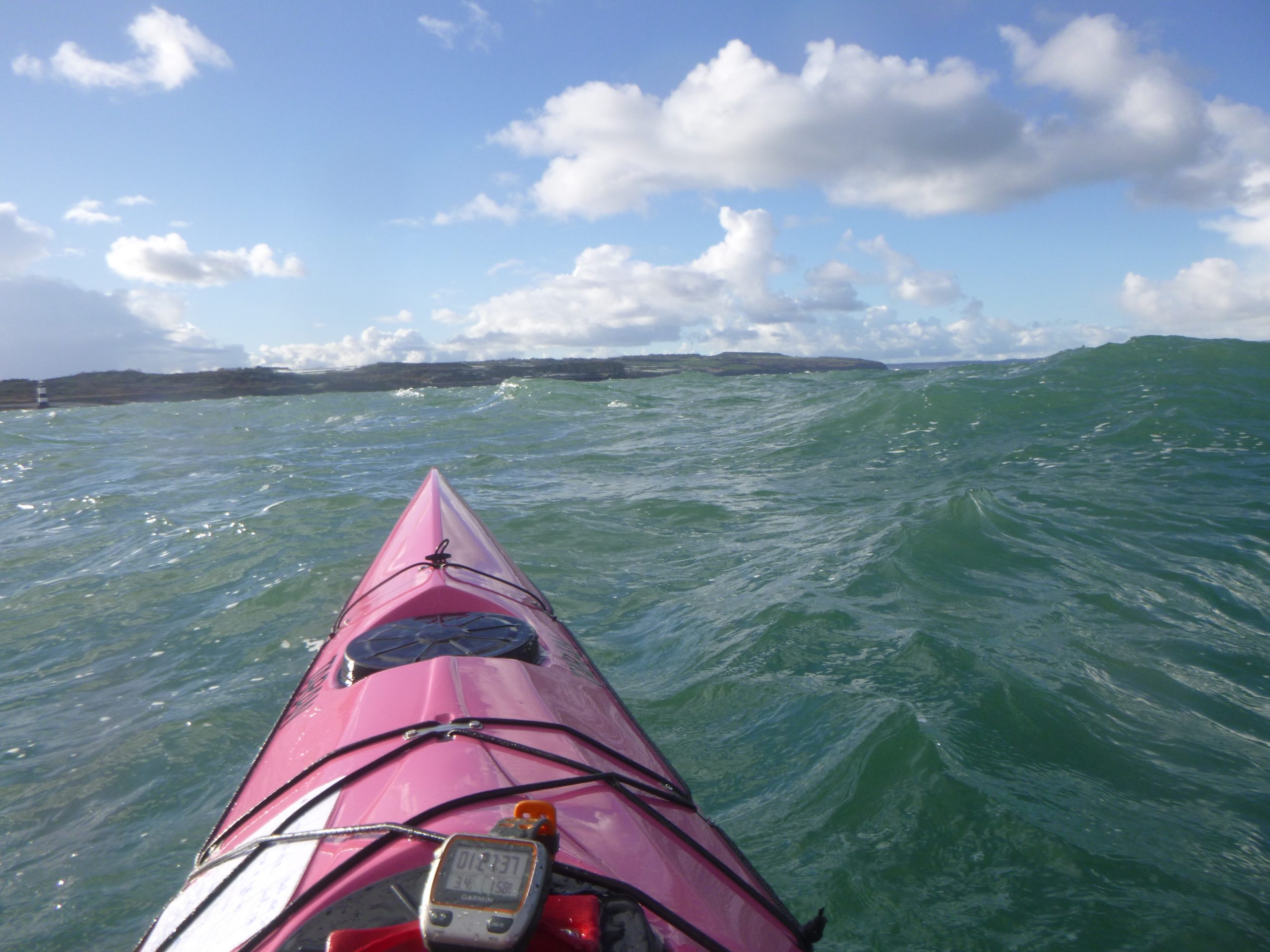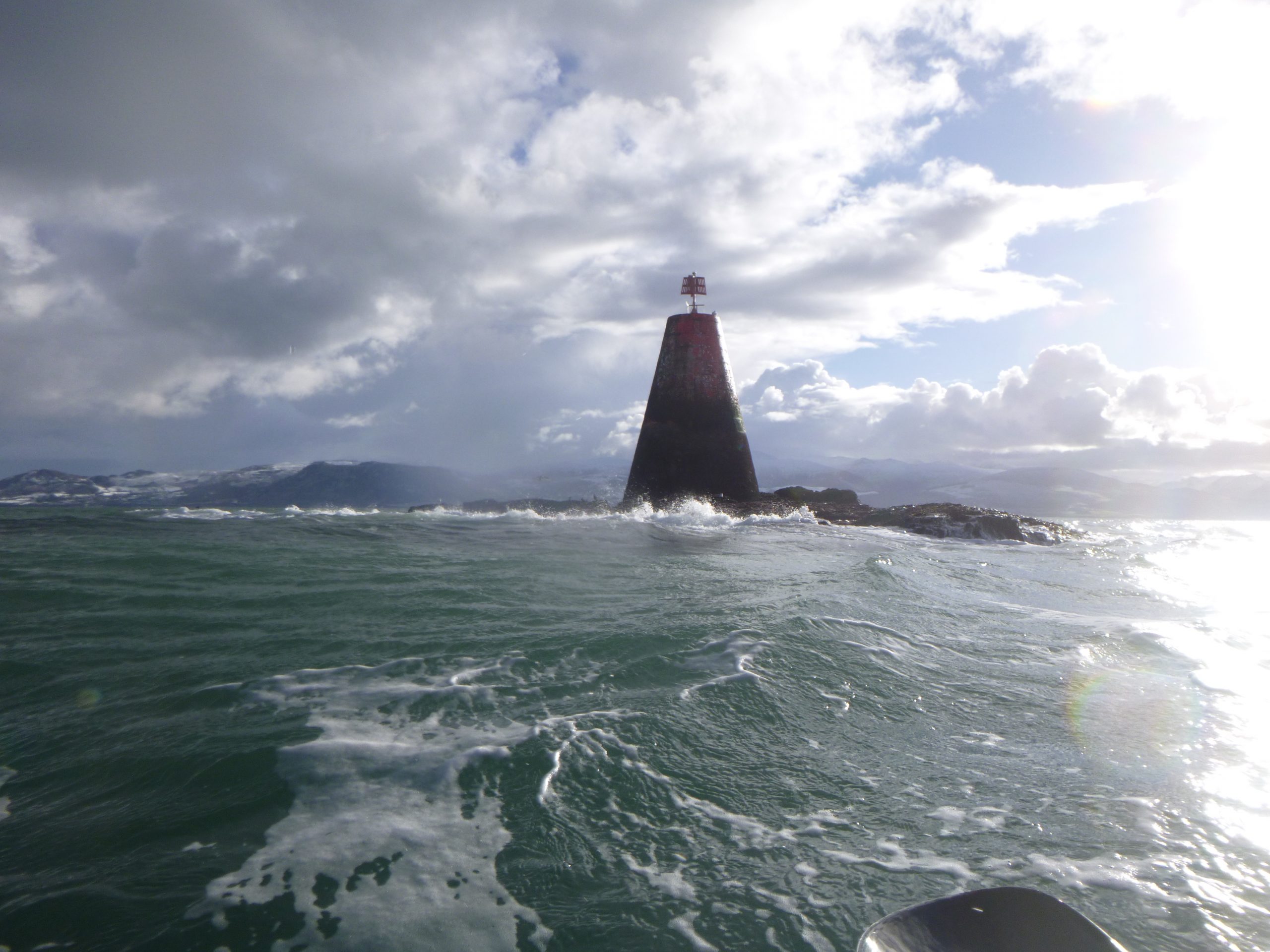As I’ve said before, the Puffin TT is a bit of a bugger. 18 years of it now and it still hurts, always has. And in a way that is the point of it.
Why?
Well the hurting bit is not about some masochistic tendancy, put simplistically it means you are pushing your limits, and that means (simplistically again) you are going learn/gain the most from what you are doing.
But let’s look a little deeper.
There are a few aspects to Time-Trials (TTs):
The ‘Motivation TT’
Bluntly, if you know you are up against the clock next week, you’ll paddle harder this week. That’s simplified of course, but adding a few TT’s into the training programme (especially between races or events) does keep you honest. It gives you a focus, and a deadline. This motivates you to train, and at the right level, in order to give your best showing on the day. Very useful during the bleak winter months.
But the motivation also works down at the micro-level too, i.e. when you are on the water. Why paddle hard when you can just bimble? Well you need to paddle at a pace to gain the useful improvements you are after, and chasing the clock is a great way to ensure this happens – especially if you record your times.
The ‘Assessment TT’
At times, during any form of training, you need to know how you are getting on. Going against the clock is the simplest way to do this. The result tells you if you (and hence your training) are going well, or not. Then it is either a case of more of the same, or time-to-tweak.
A good TT result can be a confidence booster too, though obviously this can be a double edged sword!
The ‘Training TT’
This in turn breaks down into many different aspects.
Pushing hard, pushing your limits is going to demand a lot from you, and return a lot too:
You are going to gain physical fitness, strength and speed.
You are going to gain mental toughness.
You are going to learn how to drive the boat efficiently and effectively.
You are going to learn how to read the water and find the fastest lines.
You are going to learn race strategy and race prep.
You have to do all of this to beat the clock.
And you are going to gain the intangible but extremely valuable experience of sitting in a boat that is just going fast, something that many paddlers don’t.
The ‘Simulation TT’
Long TT’s like the Puffin one are good for this.
As a PSK paddler there are going to be days when you are working hard and things just aren’t ideal – there’s a frustrating headwind, or awkward flow, there is bottom-drag or a wallowy swell, chop from four directions or mile-out clapotis. All of these are easier on the day if you are frequent friends of them.
It’s also a good opportunity to work out admin routines:
feeding, drinking, weeing, nav-ing and so on.
Experience it all when you are under pressure on a TT, because you will need to do it for real under pressure on a Performance Paddle.
The ‘Competitive TT’
And if your TT is actually more a race, that is you are paddling against others as well as the clock, then you are going to take all of the above to an even more demanding level, while trying to work out just what everyone else is trying to do too.
And so back to the Puffin TT.
What was this one all about, on a chilly January day?
Well it’s a 30 km TT, with an aim to go under 3 hrs, paddled over a tidal course. And this week it was a 3 degree starting temp too.
In my case I’ve not paddled hard over a long distance for around 4 months, so I couldn’t expect too much. It was a case of ‘first day back’ really.
The Motivation aspect:
There wasn’t really too much long term in this case. As usual I need long miles for my plans this year, and this was just the first real go at them for 2023. It was a case of ‘the weather doesn’t look too bad on Wednesday, so I’m off to Puffin’ – so no long-term deadline or focus. But once on the water it was ‘clock paranoia’ that got me to Puffin and back without resorting to bibmle mode. Which in turn meant I push harded and duly gained from it.
The Assessment aspect
This really wasn’t going to tell me I was going great guns, it was either going to tell me: ‘it’s not quite as bad as it could be’ or ‘it is as bad as it could be’.
And it was a bit of both: 03:00:57, my 30th fastest time. Not exactly a glorious day. Poo.
But then it was a freezing day in January, with not a huge amount of specific work behind me. And after everything that’s been said, it’s not just about the clock. I paddled the chop around Puffin smoothly, got most of my lines right, and slogged against the wind without having a sulk, so there were positives.
And just getting there and back was pleasing in itself.
I’ve got plenty to do, this run confirmed that, but I know it’s early and it could have been worse.
Training TT
So really it was a ‘Training TT’ more than anything. It is always useful to paddle long miles, it puts something in the tank for later. I know I will feel a bit stronger next week, I spent 3 more hrs working on non-optimum technique, learnt a little more about the shallows and the flow, and pushed when it would have been so easy to give up. It was another one in the bank.
If you want to get the best out of your performance paddling there are many things to do, and using TTs are part of that. And there are many different ways to approach and use TTs.
TTs are not always about going hard against the clock, but the good ones are.
John Willacy
